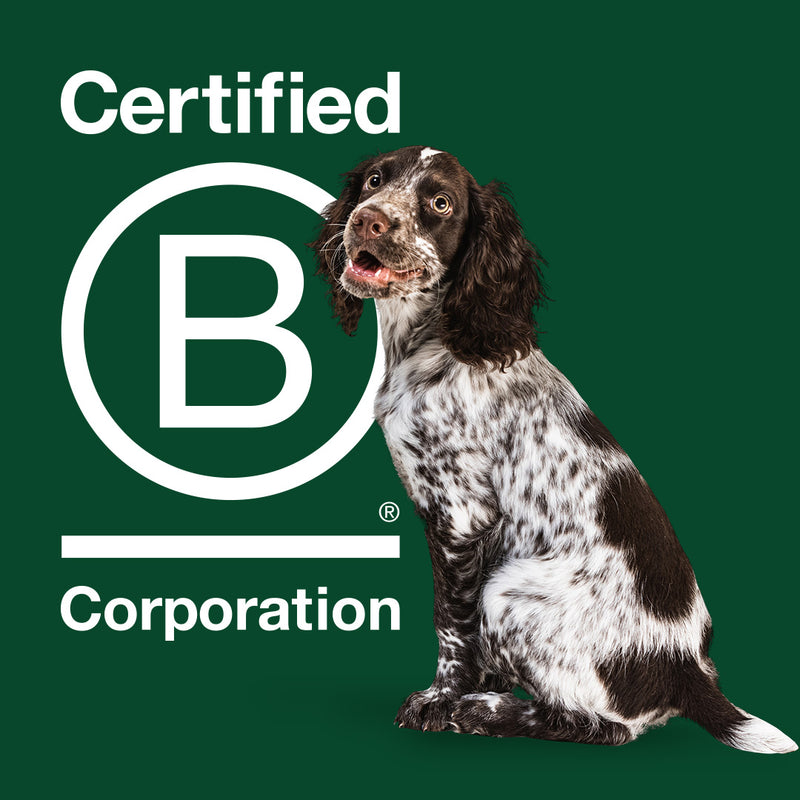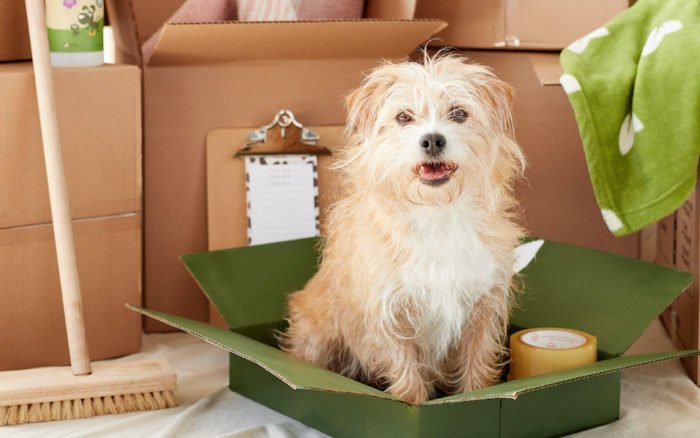They don't call it house "hunting" for nothing. After weeks (ok, months) of combing through listings and asking friends—and friends of friends—for leads, you find it: the new home of your dreams. The last thing you need is to lose it because the landlord is iffy about renting to dog people.
It's common. Many landlords worry that renting to tenants with dogs will result in damage to the property and complaints from neighbors. Quite a few of us at Earth Rated rent with pets,so believe us when we say: we get it.
But fear not, home hunter. There are things you can do, as a dog owner, to lessen a potential landlord's worries and set yourself up for renting success.
The first is to understand where the landlord is coming from. There's a good chance they've had bad experiences with past tenants who also happened to be dog owners. Expensive damage, noise, angry neighbors—these are all issues no landlord (or anyone, for that matter) wants to deal with. Try to avoid being defensive, and keep a calm and understanding attitude to help initial conversations move forward.
Offer solutions up front. Let the landlord know how you plan to keep their property in good-as-new condition. This could include using a dog crate, laying rugs down to avoid scratching hardwood, buying renter's insurance that covers your dog, and/or offering a pet deposit to cover any damages that may (but for sure won't, because your dog is an angel) occur.
Set their mind at ease with a Pet Resume. Just like your resume highlights your credentials and achievements, a Pet Resume shows a potential landlord that your dog is well-trained and well-loved, not to mention adorable. It also shows that you're prepared, proactive, and responsible—and that's check, check, check on a landlord's "ideal tenant" checklist.

Here’s what you’ll want to include on your Pet Resume:
Your dog's info
Stick to the basics—name and age—or throw in a nickname for a personal touch.
An irresistible photo
Pick a shot that's cute, clean, and friendly. A photo at a park, for example,shows you’re a good owner who likes to get out with your pet. A photo with kids shows your dog is gentle and well-behaved.
Qualifications
Include any training or achievements that might help a landlord feel at ease about your dog living in and around their property: crate trained, house trained, vaccinated, certified, insured, behavior training, tricks and commands.
References
Consider asking your trainer, vet, or shelter to vouch for how wonderful your pet is, should a landlord want to call. You could even ask them to provide a short quote and include it on your dog's resume. References from previous landlords are especially useful when trying to build trust with a potential new one.
Do you rent with a 4-legged roommate? We'd love to hear your story, or see you in your space! Tag us
@earthrated.
Next Article: Moving with a Dog | What To Do Before, During and After Moving Day













